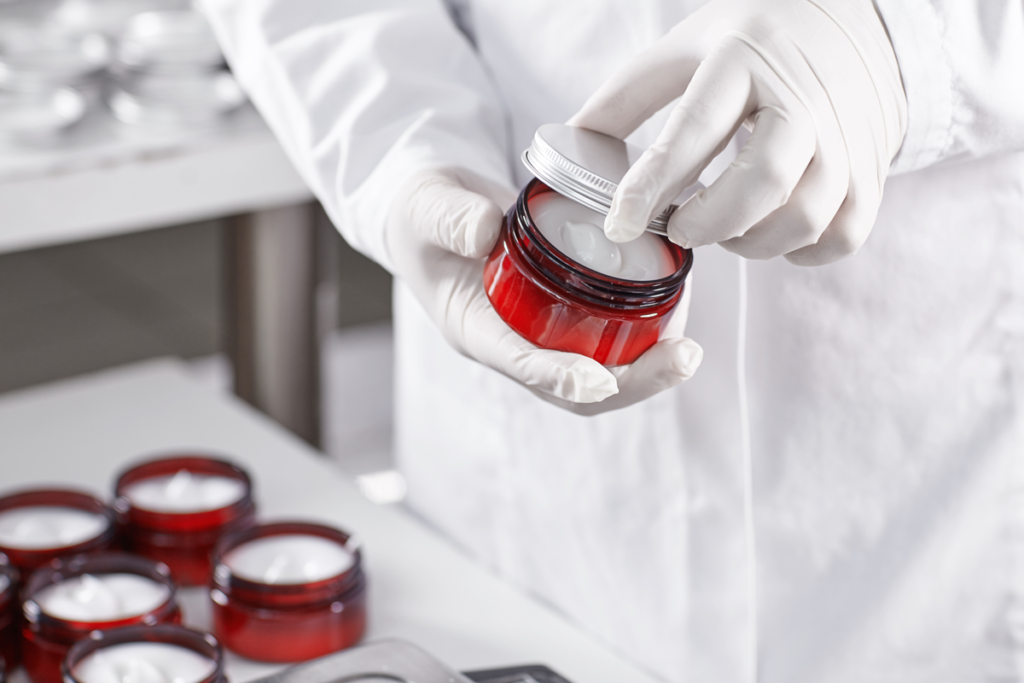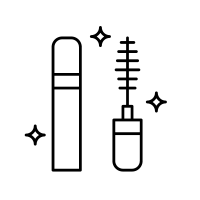From Formulation to Fulfillment: How Cosmetics Manufacturing Software Simplifies the Production Journey

Cosmetics manufacturing is distinct from most manufacturing industries in that it generates perishable products that change quite frequently. While having a limited shelf life demands careful production management to deliver quality products to the customer, the items that expire quickest are also the best sellers. For example, skin care may be purchased every three months because it is used up in that time, unlike eye shadow which lasts much longer.
Challenges for Cosmetic Manufacturing Companies
Expiration Dates
Expiration dates demand lot tracking to ensure only fresh products reach the consumer. This is a feature many manufacturing software platforms do not offer. SOS Inventory provides the lot tracking and traceability your business requires from cosmetic manufacturing software, plus many other powerful features for meticulous end-to-end production and inventory management.
Strict Regulations
Since cosmetics are applied to the body, they are subject to strict guidelines designed to protect the consumer. Keeping careful records that indicate when and where products were purchased, processed and shipped is important for meeting rigid reporting requirements. SOS Inventory offers over fifty different types of reports for in-depth analysis and transparent reporting
Formulas
Each cosmetic product is created using a formula, and formulas use raw material quantities in fractions. SOS Inventory was designed to handle formulas with ease, an important attribute of cosmetic manufacturing.
Frequent Changes in Demand
Cosmetics also change frequently to meet the demands of the fashion industry and meet consumer needs; new fall colors demand popular new eye shadow palettes.
The dynamic nature of the cosmetics industry, combined with the specific considerations for product safety and aesthetics, distinguishes cosmetics manufacturing from other types of manufacturing.
What software features do you need to effectively manage all stages of cosmetics production?

Tracking inventory from the raw materials stage through delivery to customer requires software to capture data at every touch point including costs, quantities, and actions taken.
SOS Inventory easily allows you to:
- Attain comprehensive control over both finished products and raw materials in your inventory
- Automate inventory transactions and establish reorder points to proactively prevent stock-outs
- Monitor real-time updates of on-hand, committed, and anticipated stock quantities
- Centralize the management of product variants and materials for streamlined organization
- Oversee inventory levels across multiple locations with ease
- Employ barcodes for efficient stock reception and counting procedures
- Conduct inventory counts to identify and rectify any inconsistencies in your stock levels
- Trace product forward and backward in the lifecycle
- Manage inventory on a first-in first out-basis.
- Keep all departments of the business informed by integrating sales, finance, manufacturing, and fulfillment in a single, easy-to-use platform.
- Manage inventory at multiple sales channels whether online or on site.

Why SOS Inventory Meets Your Cosmetic Manufacturing Software Needs
Maintaining organizational efficiency in the absence of a comprehensive ERP software solution is no longer a sustainable option for businesses. With the surge in direct-to-consumer cosmetic production, process manufacturers are encountering a challenging scenario. On one hand, there exists a plethora of untapped markets, presenting numerous opportunities for expansion. On the other hand, the competitive landscape is fiercely intense, and failing to prioritize innovation increases the risk of being left behind in the market.
Whether you deliver product to wholesalers, distributors, retailers or sell direct to consumers online, SOS Inventory provides the cosmetic manufacturing software tools you need to manage all your orders in a single platform, initiating purchase orders or builds as sales orders come in.
Average Cosmetics Shelf Life
Provided cosmetics are stored in a climate-controlled environment, the following table indicates the average shelf life of different types of cosmetics. As a rule of thumb, powders tend to last longer than cosmetics and skin care products in liquid form.
| Cosmetic Type | Average Shelf Life |
| Foundation | 1-2 years |
| Concealer | 1-2 years |
| Mascara | 3-6 months |
| Eyeliner | 1-2 years |
| Eye shadow | 1-2 years |
| Lipstick | 2-3 years |
| Lip Gloss | 1-2 years |
| Blush | 1-2 years |
| Bronzer | 1-2 years |
| Powder | 2-3 years |
| Highlighter | 1-2 years |
| Lip Balm | 1-2 years |
| Nail Polish | 1-2 years |
| Makeup Brushes | 2-5 years |
| Makeup Sponges | 2-3 months |
| Makeup Remover | 6-12 months |
| Facial Cleanser | 6-12 months |
| Moisturizer | 6-12 months |
| Sunscreen | 1-2 years |
| Face Masks | 1-2 years |
Classify product by best sellers, product type, location, or any way that suits your business. SOS Inventory easily adapts with customizations that work best for your industry.
Cosmetics Manufacturing FAQs
Cosmetics manufacturing refers to the process of creating and producing various cosmetic products such as skincare items, makeup, hair care products, perfumes, and more. It involves formulating, testing, and packaging these products for commercial distribution.
The key steps in cosmetics manufacturing typically include product formulation, raw material sourcing, quality control testing, production, filling and packaging, labeling, and storage. Each step is crucial to ensure the safety, efficacy, and compliance of the cosmetic products.
Cosmetics manufacturing is subject to various regulations and standards depending on the country or region. In the United States, the Food and Drug Administration (FDA) regulates cosmetics under the Federal Food, Drug, and Cosmetic Act (FD&C Act). Europe has its own set of regulations called the European Cosmetic Regulation (EC) No. 1223/2009. These regulations cover aspects like ingredient safety, labeling requirements, Good Manufacturing Practices (GMP), and more.
Good Manufacturing Practices are guidelines and standards that ensure the consistent quality, safety, and integrity of cosmetic products throughout the manufacturing process. GMP covers various aspects such as facility cleanliness, equipment calibration, personnel hygiene, documentation, quality control testing, and traceability of ingredients.
Yes, cosmetics manufacturing can be customized to meet the specific requirements of different brands or products. Manufacturers often offer private label or contract manufacturing services, where they develop and produce cosmetics according to the brand’s specifications. This allows brands to have unique formulas, packaging, and branding for their products.